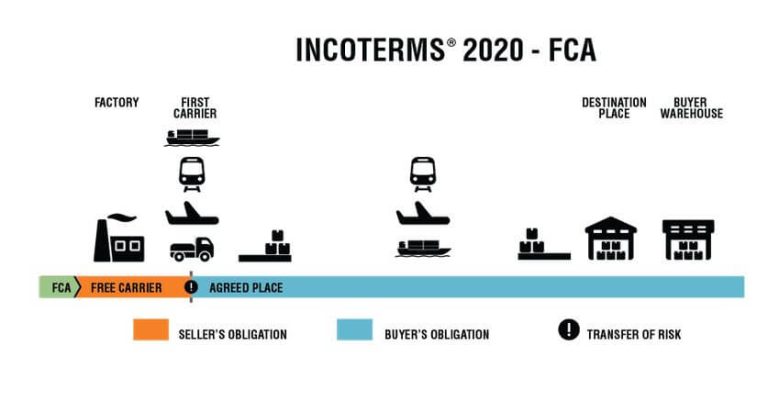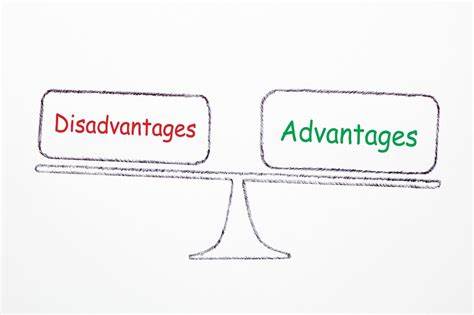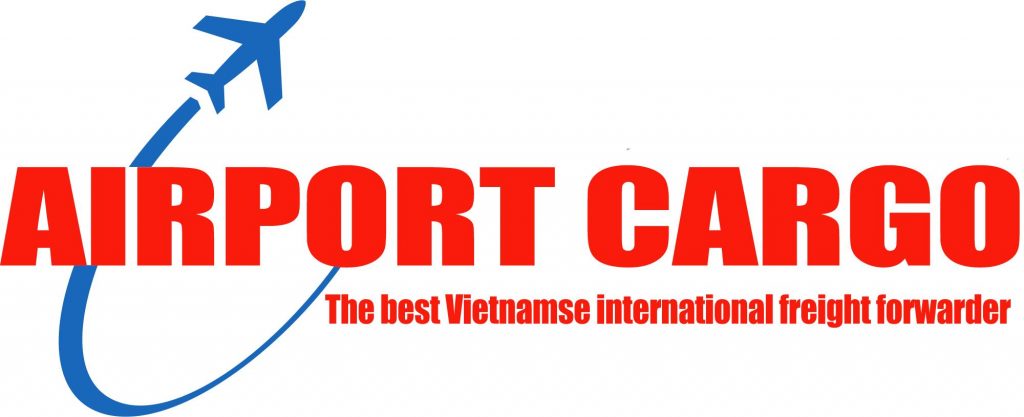FCA – Free Carrier (Place of Delivery) – Incoterms 2020

Explain:
If the place of delivery is at the seller’s premises, the seller must load the goods. If delivery takes place in a different place, the seller is not responsible for unloading.
The term carrier refers to any party who is in charge of the contract of carriage and will transport the goods by any mode of transportation.
There can be 2 types of places of receipt when using FCA, sellers facility or another place (usually a freight forwarders facility or port/airport terminal). The seller must load goods into a transport vehicle (arranged by the buyer) only when the place of receipt is the seller’s facility.
The seller must clear customs for exports and freight and international transport arrangements must be performed by the buyer.
Doing Business
When the named place is other than the seller’s facility, the seller is not required to unload as it is assumed that the receiving facility has the means for it ( a warehouse freight station for LCL cargo or a Container Terminal).
FCA can be used for any mode of transportation or a combination (multimodal)
FCA is commonly used in conjunction with a Forwarder Cargo Receipt (FCR), a document that proves that cargo has been received by a forwarder with the intention to be transported as per the buyer’s conditions.
FCA requires that buyers pay for the origin terminal handling charge when cargo is containerized. A “carrier” means any company that has been nominated by the buyer to act as a transport agent, meaning that a freight forwarder qualifies as the carrier in this case.
In the case of FCL, the container can be placed at the seller’s facility. If cargo will be transported as LCL, in most cases it is required that the seller deliver goods to a nominated warehouse for consolidation.
The advantages and disadvantages:

FCA advantages
FCA is in fact the more practical rule to use both in domestic and in international cross-border trades.
The seller must load the goods onto the buyer’s means of transport. This means that in most cases the buyer’s truck or its carrier’s truck backs up to the seller’s loading dock and the seller’s staff and equipment complete the loading. Depending on local rules and regulations, it would usually be the truck driver’s responsibility to ensure that the load is secured on his truck.
FCA is available for both domestic and international transactions.
If the transaction is an international trade then the seller will need to complete any export formalities required by its country’s authorities. This usually will mean that the buyer must inform the seller of the means of transport from the seller’s country, whether by road, rail, air or sea.
The seller will usually need to know from the buyer the name and contact details of its carrier, the freight booking information including reference number/s, and any relevant data so that it can correctly declare both the date of export and the means of export to its authorities. The seller can outsource this task to the buyer’s carrier if they agree, at the seller’s cost.
FCA disadvantages.
Should the buyer fail to advise the seller about the carrier’s details, the buyer will have no recourse on the seller and likely will have breached the contract.
The seller is comforted by the knowledge that once it has delivered the goods, either at its own premises or those of the buyer’s nominated person or carrier, its risk for loss or damage of the goods has finished.
If the truck used by the buyer’s carrier to collect the goods from the seller has an accident at the first corner after leaving the seller’s premises and the goods are damaged. The truck has an electrical fault causing it to burst into flames at the seller’s loading dock immediately after loading has been completed, and damaging or destroying those goods, nevertheless the seller has delivered and is entitled to be paid for the goods.
See also:


